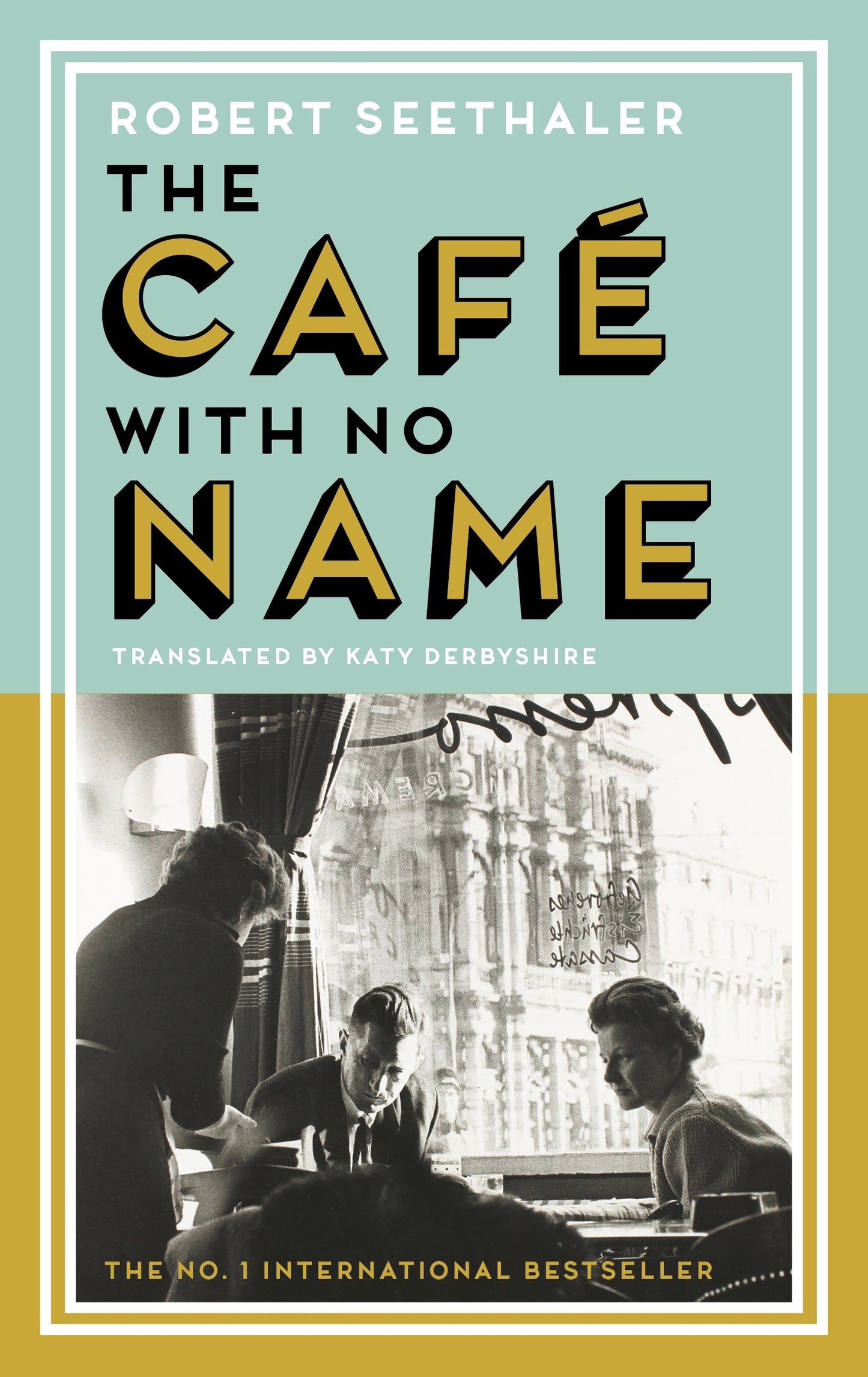Robert Seethaler
The Cafe with No Name
The Cafe with No Name
Couldn't load pickup availability
Susan Midalia's Review
The Café with No Name is Austrian novelist Robert Seethaler’s eighth novel – one of his earlier books won the International Man Booker Prize – and his fourth translated into English. Set in the late summer of 1996 in Vienna, it centres on the character of Robert Simon, an itinerant worker who decides to take over the lease of a run-down local café, not in order to make money but to give his life a greater sense of purpose. What he discovers in the process of selling beer, pickles, bread and dripping is a vivid array of human anxieties and desires among the stallholders, wrestlers, drunks and misfits who inhabit the decidedly unglamorous part of a glamourous city.
The stories of these characters, including the hired barmaid Mila, the artist Mischa and the mad Jascha who cradles a dead pigeon in her hands, are neither sensationalised nor made to seem exotically eccentric. Instead, Seethaler represents them with compassion, as they strive to satisfy their needs or live out their dreams. While the novel depicts some major dramas, including a natural disaster and an industrial accident, it is for the most part an evocation of familiar experiences: love, birth, jealousy, the struggle to earn a living, small acts of kindness and heroism. One reviewer has described the novel as “a slice of life” – a term that tends to diminish, if not disparage, a focus on ordinary, everyday life. But I for one found The Café with No Name a welcome reminder of how, in the hands of a gifted writer, ordinary life can deserve our full and fascinated attention.
Understated and stylistically subtle, The Café with No Name isn’t for readers who like page-turners packed with incidents. It’s also formally unconventional: sometimes particular stories are left suspended, then continued later in the narrative; points of view shift from one character to another; and the conversations of the café’s patrons sometimes overlap in a dizzying chorus. What gradually emerges is a sense of community, rendered with a sense of quiet affirmation and emotional restraint, in a city still living in the shadow of the Second World War.
The Café with No Name is, quite simply, a delight to read in a literary culture that can often seem dominated by the bleak, despairing or horrific. Robert Seethaler’s works are widely admired and much loved in Europe; I hope his latest novel garners him more readers in Australia.
Publisher's Review
THE NUMBER ONE INTERNATIONAL BESTSELLER
'How I loved this book . . . Seethaler is in his very own league' - Elizabeth Strout
It is 1966, and Robert Simon has just fulfilled his dream by taking over a cafe on the corner of a bustling Vienna market. He recruits a barmaid, Mila, and soon the customers flock in. Factory workers, market traders, elderly ladies, a wrestler, a painter, an unemployed seamstress in search of a job, each bring their stories and their plans for the future. As Robert listens and Mila refills their glasses, romances bloom, friendships are made and fortunes change. And change is coming to the city around them, to the little cafe, and to Robert's dream.
A story of the hopes, kindnesses and everyday heroism of one community, The Cafe with No Name has charmed millions of European readers. It is an unforgettable novel about how we carry each other through good and bad times, and how even the most ordinary life is, in its own way, quite extraordinary.
Share


